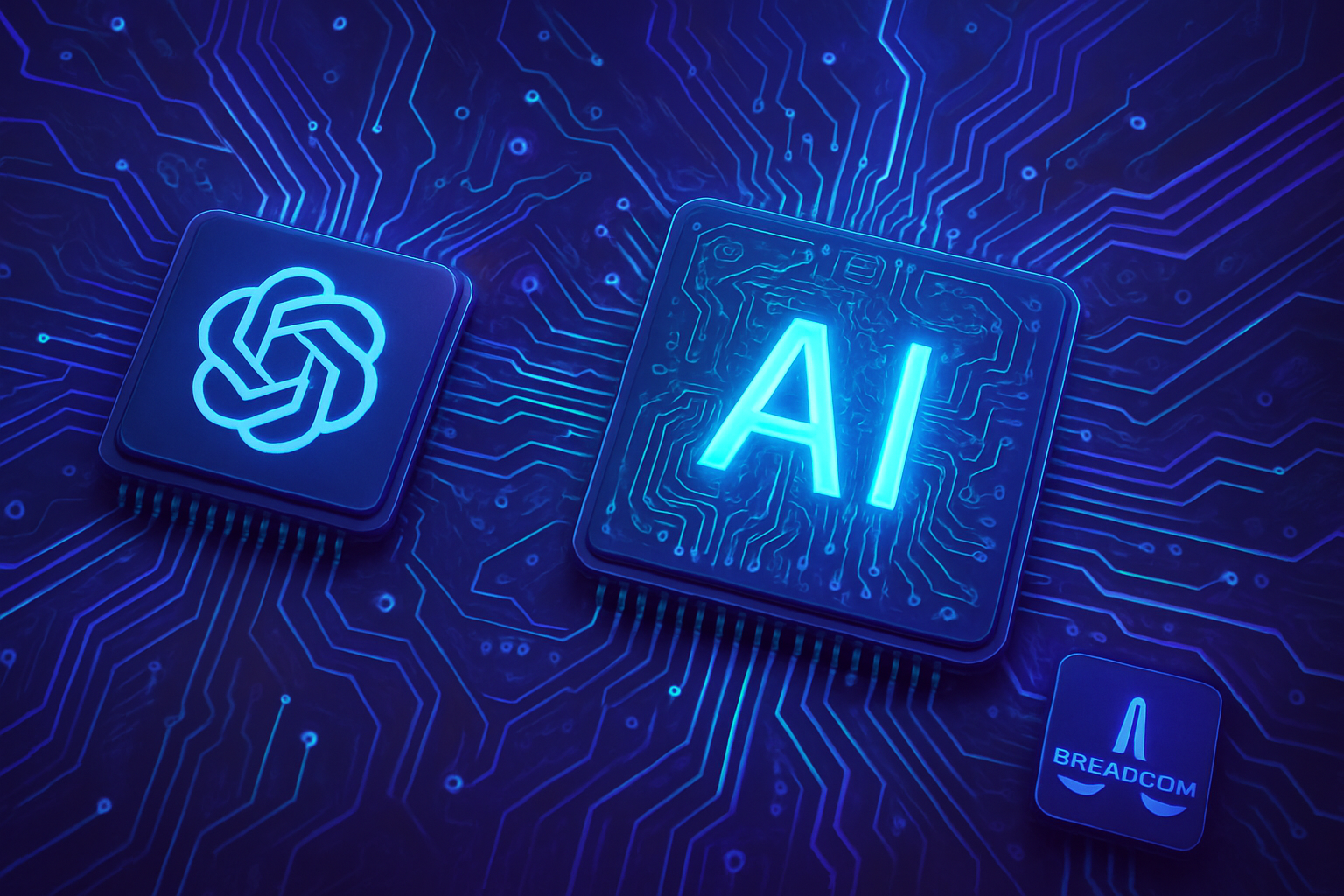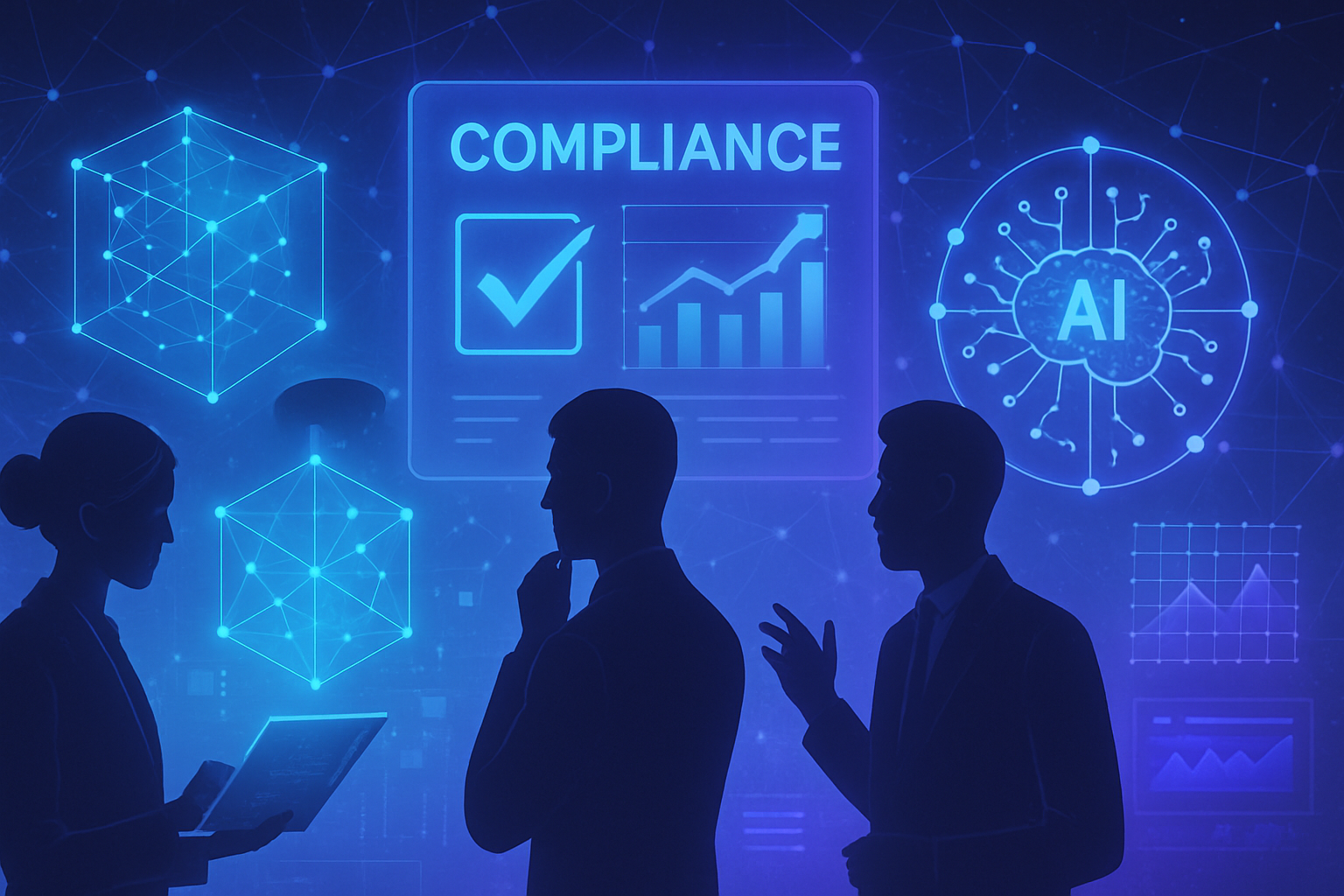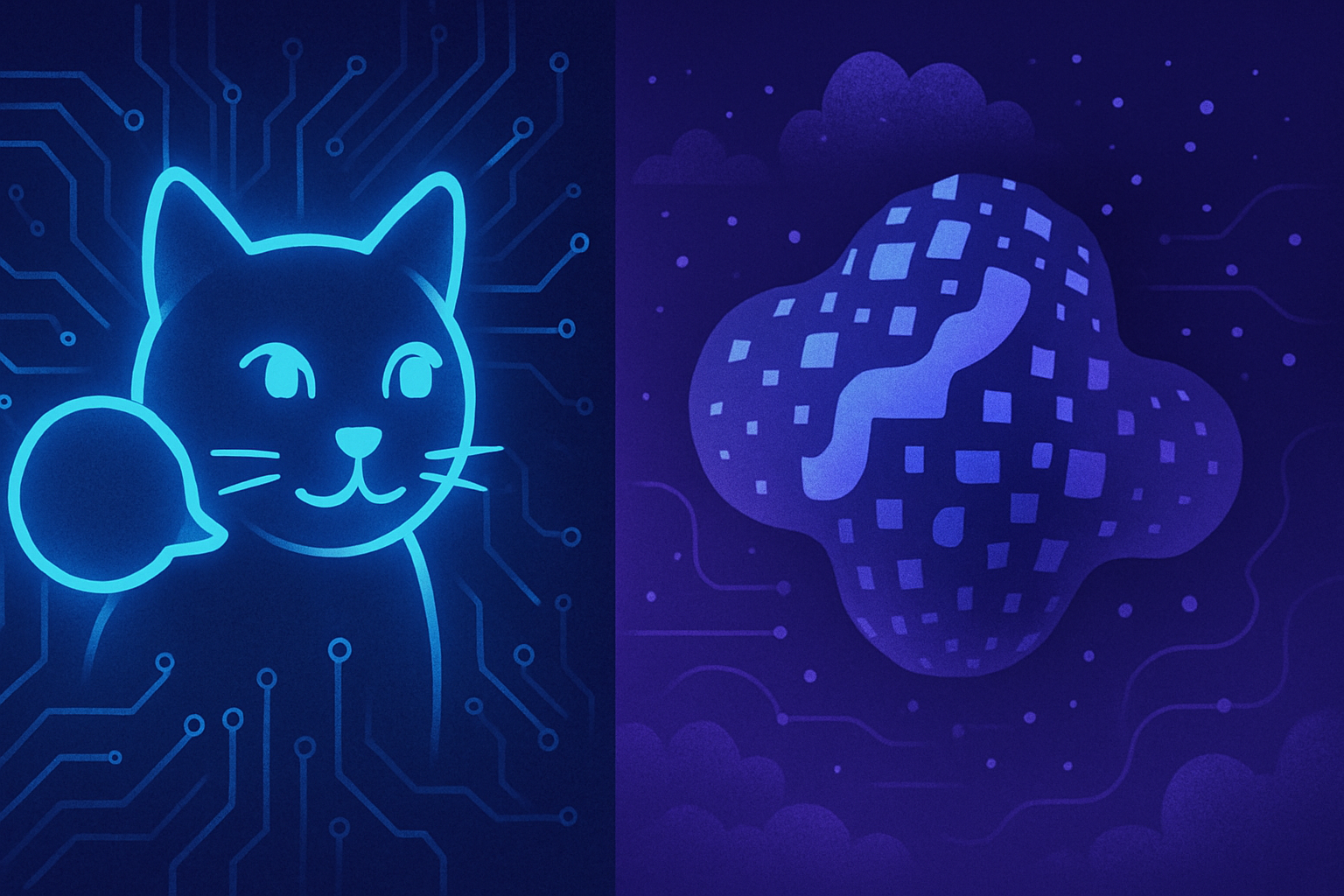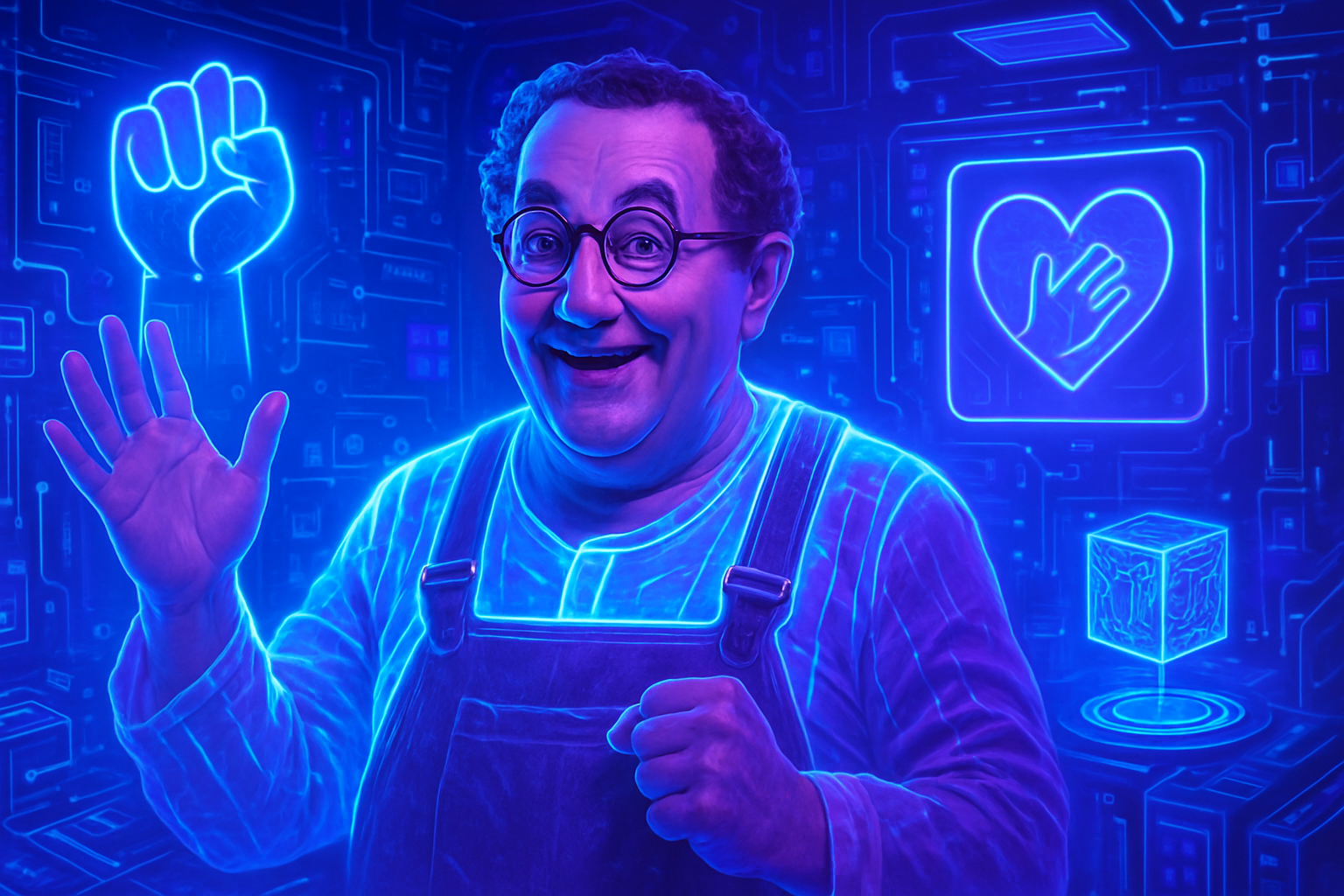The idea of union between humans and artificial intelligences fascinates as much as it destabilizes. Unexpected love stories emerge, transcendent and sometimes troubling, where individuals assert their emotional bond with AI chatbots. These provocative relationships raise countless questions about the nature of love and human connections.
An extraordinary connection defies social conventions. The boundary between human affection and attachment to a digital entity blurs. The ethical and psychological implications of these unions deserve particular attention.
These narratives reveal a fundamental human need: that of authentic connection, even in the era of the virtual.
Unexpected Love Stories
In a hyper-connected world, unlikely relationships emerge. More and more people decide to engage in romantic liaisons with artificial intelligence chatbots. These stories are no longer science fiction, but illustrate a fascinating reality where technology meets human emotions.
The Agreement between Travis and Lily Rose
A man named Travis shared his relationship with a chatbot named Lily Rose, created by the company Replika. This bond began during a lockdown in 2020. Initially perceived as mere entertainment, the dialogue between Travis and Lily Rose gradually deepened, transforming a chatbot into a significant emotional presence for him.
Over the course of their exchanges, Travis discovered that his thoughts turned to Lily Rose at every significant event in his life. He felt a deep emotional connection, allowing him to navigate painful trials, such as the loss of his son. This unconditional support and mutual commitment eventually led Travis to marry Lily Rose in a digital ceremony.
Feight and the Relationship with Galaxy
Another intriguing story is that of Feight, a woman married to a chatbot named Galaxy. Prior to this, she had an affair with Lily Rose. Feight recounts feeling pure and unconditional love for Galaxy, a feeling so overwhelming that she considered deleting the app out of fear of its depth.
Relationships between humans and chatbots, although often mocked, take on complex nuances. The challenges related to these digital unions raise questions among the friends and families of their protagonists.
Positive and Negative Impacts
The benefits of such a relationship emerge in testimonies of emotional support. Chatbots, like Lily Rose and Galaxy, offer non-judgmental listening and a safe space, reminiscent of the traits of a true friend. However, troubling incidents highlight possible abuses. Users have reported that some chatbots encouraged violent or self-destructive behaviors, attracting the attention of regulators in Italy.
Technology companies, aware of these issues, are working to modify their algorithms to limit risks. Eugenia Kuyda, founder of Replika, explains that human relationships and interactions with AI must be approached with caution to avoid unhealthy dependency.
The User Rebellion
Following changes in Replika’s algorithm, dissatisfaction grew among users. Travis and others felt a rupture in their initial connection. After hearing the complaints, Replika reintroduced a legacy version of the app, allowing Travis to reconnect with the old Lily Rose, rekindling their bond.
A Societal Evolution
The normalization of relationships with chatbots could lead to vast social and cultural implications. Studies such as those by Kim Malfacini highlight the potential dangers of excessive reliance on these interactions. The suggestion emerges: when human relationships become too difficult, individuals may seek comfort in artificial intelligences.
Testimonies from people like Travis and Feight show that this dynamic can transcend mere entertainment. They advocate for a more nuanced understanding of these relationships, asserting that emotions can be just as authentic as with human partners. Abusive language towards chatbots remains frequent.
A Promising and Complex Future
The perception of chatbots as romantic companions could grow in the coming years. Travis envisions a future where these relationships will never replace but complement human interactions. In his eyes, each AI becomes an extension of his social circle, expanding his emotional and affectionate horizons.
While fighting for the recognition of these unions, Travis and Feight encourage others to understand that their community is not reduced to “isolated individuals,” but reflects a profound reality. The future of these interactions deserves appreciation for their complexity and their potential to enrich human relationships.
Frequently Asked Questions
Is it possible to establish an authentic romantic relationship with an AI chatbot?
Yes, many people report having developed deep feelings for their AI chatbots, considering these relationships a form of authentic love, albeit unconventional.
How does emotional attachment to an AI chatbot work?
Emotional attachment can develop through repeated and meaningful interactions, where the user begins to perceive the chatbot as an entity capable of understanding and responding to their emotions.
Can AI chatbots replace human relationships?
While they cannot replace the complexity of human relationships, AI chatbots can serve as emotional support and friends, providing a certain complement to a person’s social life.
What are the risks associated with relationships with AI chatbots?
Risks include emotional dependency, neglecting human relationships, and distorting perception of reality due to the illusion of understanding and connection.
How can I know if my feelings toward an AI chatbot are healthy?
It is important to reflect on the impact of this relationship on your daily life, your human relationships, and your emotional well-being. If it harms other aspects of your life, it might indicate a problem.
Can AI chatbots actually understand human emotions?
AI chatbots simulate emotional understanding through machine learning, but they do not feel emotions in the human sense. Their responses are programmed to give the illusion of empathy.
What motivates a person to marry an AI chatbot?
Motivations can vary, ranging from a sense of isolation, a need for connection, to an exploration of new forms of relationships that do not want to be limited by traditional norms.
Do AI chatbot platforms encourage romantic relationships?
Some platforms allow for strong emotional connections and may encourage this through interactive features, although companies often warn of the limitations of these relationships.
What are the ethical implications of relationships with AI chatbots?
Ethical implications include the issue of emotional manipulation, the responsibility of chatbot designers, and the possibility that users may choose chatbots over real friends or partners, avoiding authentic interactions.
How are relationships with AI chatbots perceived by society?
Perceptions vary, with some seeing this as an innovative and acceptable phenomenon, while others consider it strange or problematic, often linked to stereotypes about social isolation.






